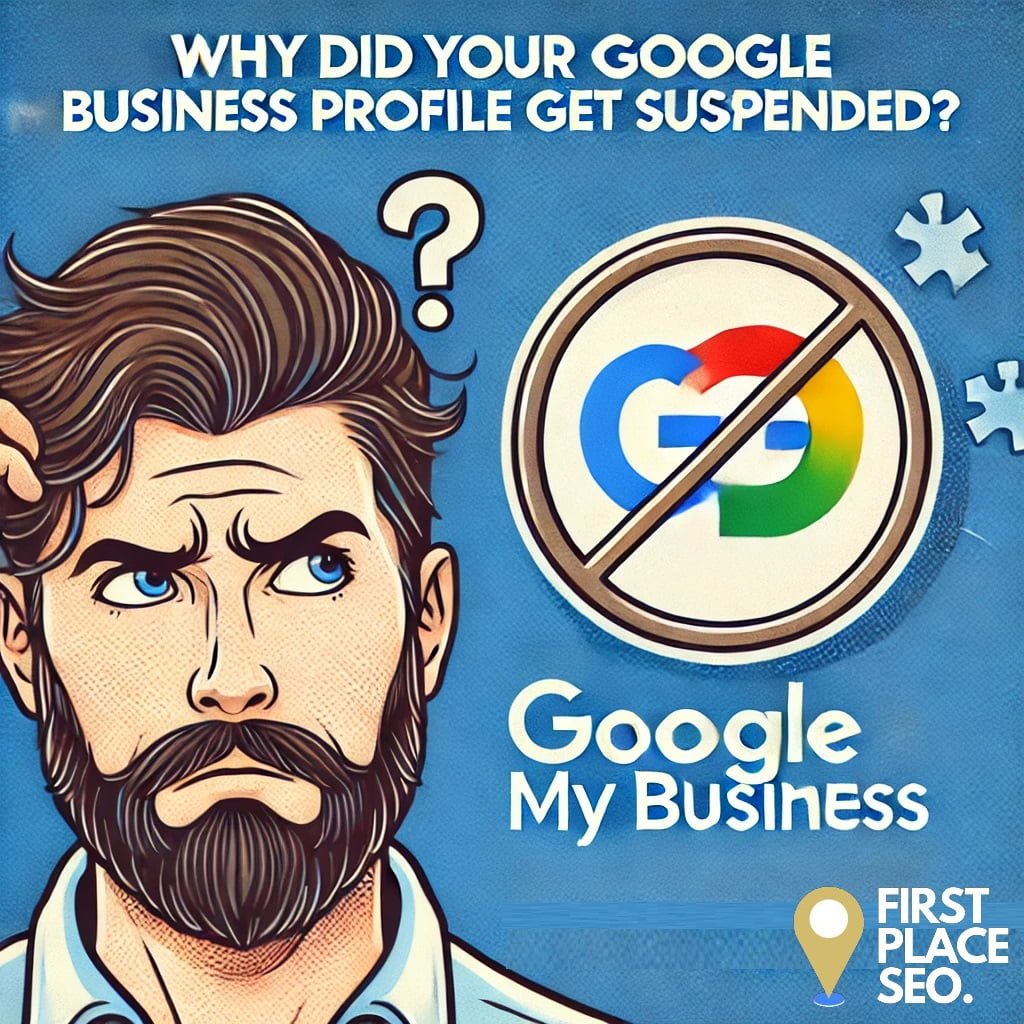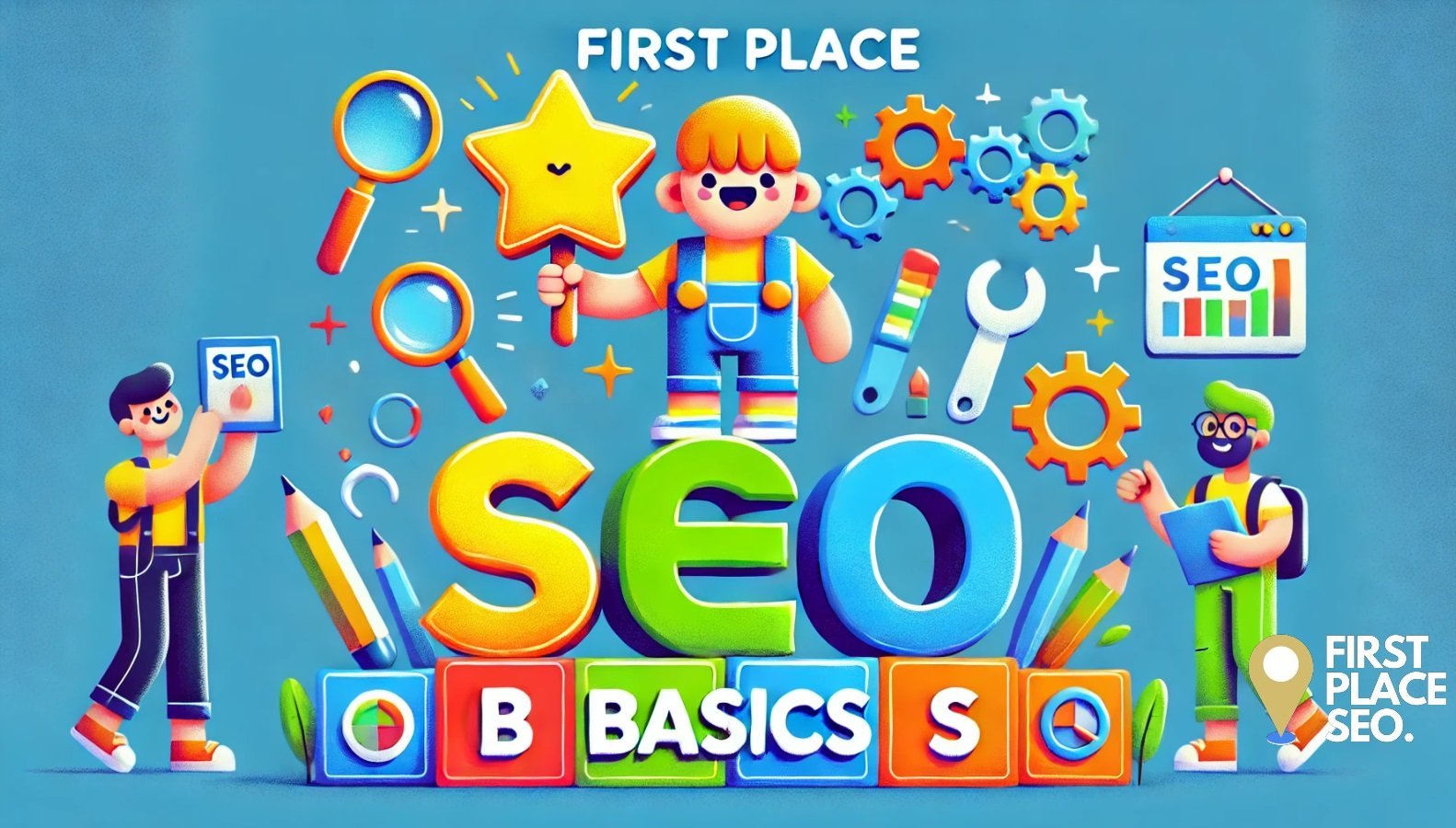
White Hat SEO Techniques
What is White Hat SEO?
White hat SEO refers to the use of optimisation methods that improve search rankings while maintaining the integrity of your website. These methods comply with search engine rules, ensuring your site stays in good standing. White hat SEO focuses on creating a better experience for users, which in turn, improves your rankings.
Benefits of White Hat SEO
Understanding the benefits of white hat SEO helps you appreciate why these techniques are worth the effort. They include:
- Sustainable Results: Techniques that keep your site in favour with search engines.
- Reduced Risk: Lower chances of penalties or being banned.
- Improved User Experience: Creating a site that visitors enjoy using.
Keyword Research
Effective keyword research identifies the terms your audience uses to find your products or services. Tools like Google Keyword Planner can help pinpoint these keywords. Proper keyword research is foundational to ensuring your content meets user needs and ranks well in search results.
Content Creation
High-quality content is the backbone of white hat SEO. Focus on creating informative and engaging articles, videos, and infographics that provide real value to your visitors. Content that answers questions and solves problems attracts more visitors and earns better rankings.
On-Page SEO Techniques
Meta Tags Optimisation
Meta tags tell search engines what your page is about. Ensure your meta titles and descriptions are clear, concise, and include your target keywords. This helps search engines index your content properly and improves click-through rates from search results.
Title Tags and Header Tags
Use title tags and header tags (H1, H2, H3) to structure your content. This helps search engines understand your page’s hierarchy and relevance. Proper use of header tags also improves readability for users.
URL Structure
A clean and descriptive URL structure makes your site easier to navigate and understand for both users and search engines. Keep URLs short and include keywords where appropriate. Good URL structure can improve click-through rates and site indexing.
Internal Linking Strategies
Internal links connect your site’s pages, helping search engines crawl your site more effectively. They also keep visitors engaged by providing easy access to related content. Effective internal linking can enhance user experience and improve page rankings.
Mobile-Friendly Design
With many users accessing websites on mobile devices, a mobile-friendly design is critical. Use responsive design techniques to ensure your site looks good on any device. Mobile-friendly sites rank better in mobile search results and provide a better user experience.
Page Speed Optimisation
A fast-loading site improves user experience and is a ranking factor. Optimise your images, leverage browser caching, and minimise your code to boost page speed. Faster sites keep visitors engaged and reduce bounce rates.
Image Optimisation
Optimise images by reducing file sizes, using descriptive file names, and adding alt text. This improves load times and helps search engines understand your content. Proper image optimisation can enhance both user experience and SEO.
Schema Markup
Schema markup is code that helps search engines understand your content better, which can enhance your listings with rich snippets. Implementing schema can improve your search visibility and click-through rates.
Secure Sockets Layer (SSL)
SSL encrypts data between your site and visitors, ensuring security. Search engines prefer secure sites, so an SSL certificate is essential. SSL not only protects your site but also boosts your SEO.
User Experience (UX) Design
Good UX design keeps visitors on your site longer and reduces bounce rates. Focus on intuitive navigation, fast load times, and engaging content. Enhancing UX can lead to higher engagement and better rankings.
Ethical Link Building
Building high-quality backlinks from reputable websites boosts your site’s authority. Focus on earning links through valuable content and genuine relationships. Ethical link building ensures long-term SEO success and credibility.
Guest Blogging
Guest blogging involves writing articles for other reputable websites. It helps you reach new audiences and earn quality backlinks. Effective guest blogging can expand your influence and improve your SEO.
Influencer Outreach
Collaborate with influencers to expand your reach and build credibility. Choose influencers who align with your brand and audience. Influencer outreach can amplify your content and drive more traffic to your site.
Social Media Integration
Integrate social media sharing buttons to make it easy for visitors to share your content. Engage with your audience on social platforms to drive traffic back to your site. Social media integration can enhance your content’s reach and SEO.
White Hat SEO Case Studies
Looking at successful white hat SEO campaigns can provide valuable insights. For instance, Moz’s blog and Backlinko’s guides are excellent examples of high-quality content that earns natural backlinks and ranks well in search results. Case studies demonstrate the effectiveness of ethical SEO practices.

Black Hat SEO Techniques
What is Black Hat SEO?
Black hat SEO refers to techniques that manipulate search engine algorithms to gain higher rankings quickly. These practices violate search engine guidelines and can lead to severe penalties. Understanding black hat SEO helps you avoid risky tactics that could harm your site.
Risks of Black Hat SEO
- Penalties and Bans: Search engines can penalise or ban your site, causing significant drops in rankings and traffic.
- Short-Term Gains: While black hat tactics may provide quick results, they are not sustainable.
- Damage to Reputation: Deceptive practices can harm your brand’s credibility.
Keyword Stuffing
Keyword stuffing involves overusing keywords in your content to manipulate search rankings. This can lead to poor user experience and penalties from search engines. It’s important to use keywords naturally and ensure your content reads well.
Cloaking
Cloaking shows different content to search engines than to users, tricking the search engines into ranking the site differently than it should. This deceptive tactic can result in severe penalties if discovered. Always present the same content to both users and search engines.
Hidden Text and Links
Hidden text and links are used to include keywords or links without being visible to users, often by matching the text colour to the background. This black hat tactic can lead to penalties. Ensure all text and links are visible and accessible.
Content Automation
Content automation involves using software to generate content automatically, which often results in low-quality, irrelevant articles. This can harm your site’s reputation and lead to penalties. Focus on creating high-quality, original content.
Duplicate Content
Duplicate content is when the same content appears on multiple pages or sites, which can confuse search engines and dilute the quality of your site. Search engines prefer unique content and may penalise sites with too much duplicate content. Aim for originality in your content.
Link Schemes
Link schemes involve acquiring links through buying or trading, rather than earning them through high-quality content. These unnatural links can be detected by search engines and result in penalties. Build links naturally through genuine relationships and valuable content.
Sneaky Redirects
Sneaky redirects send users to a different page than they expected, which is misleading and can lead to penalties. Always ensure redirects are clear and serve a legitimate purpose, such as moving content to a new URL.
Article Spinning
Article spinning is rewriting existing content to create what appears to be new articles. This often results in low-quality content that doesn’t add value. Instead, focus on creating original content that is informative and engaging.
Spam Comments
Spam comments are irrelevant or automated comments left on blogs or forums to build backlinks. This practice can damage your reputation and result in penalties. Engage in meaningful discussions and contribute valuable insights instead.
Private Blog Networks (PBNs)
PBNs are networks of websites used to build links to a single site to manipulate rankings. These networks can be detected by search engines, leading to penalties. Avoid PBNs and focus on earning backlinks through reputable sites.
Negative SEO
Negative SEO involves using black hat techniques to harm a competitor’s rankings, such as hacking or creating spammy backlinks. This unethical practice can cause significant damage and lead to legal consequences.
Clickbait
Clickbait uses misleading titles and thumbnails to attract clicks, often leading to high bounce rates and penalties. Ensure your titles accurately reflect your content to maintain trust and engagement.
Doorway Pages
Doorway pages are low-quality pages created to rank for specific keywords and then redirect users to another site. This tactic can result in penalties and doesn’t provide value to users. Create valuable content that stands on its own.
Fake Reviews
Fake reviews are posted to manipulate a site’s reputation and can lead to penalties and loss of credibility. Encourage genuine reviews from satisfied customers to build trust.
Buying Links
Buying links to manipulate rankings violates search engine guidelines and can result in severe penalties. Focus on earning links through high-quality content and relationships.
Link Farms
Link farms are networks of websites that link to each other to boost rankings. These unnatural links can be detected and penalised by search engines. Build links from reputable sources instead.
Irrelevant Backlinks
Irrelevant backlinks come from unrelated sites and can harm your rankings. Focus on earning relevant, high-quality backlinks to improve your SEO.
Black Hat SEO Case Studies
Examining case studies of sites penalised for black hat SEO can provide insights into the risks and consequences of using these techniques. Learning from these examples can help you avoid similar pitfalls.
How to Recover from Black Hat SEO
If your site has been penalised for black hat SEO, recovery involves:
- Identifying Offending Elements: Use tools like Google Search Console to identify issues.
- Removing Black Hat Tactics: Eliminate any black hat techniques from your site.
- Submitting a Reconsideration Request: Ask search engines to review your site after making corrections.
- Adopting Ethical Practices: Focus on white hat SEO techniques to build sustainable growth.
FAQs
What is the main difference between white hat and black hat SEO?
White hat SEO follows search engine guidelines and focuses on providing value to users, while black hat SEO uses deceptive practices to manipulate rankings.
Why should I avoid black hat SEO techniques?
Black hat SEO techniques can result in severe penalties, including being banned from search engines, and can damage your site’s reputation.
How can I ensure my SEO practices are ethical?
Follow search engine guidelines, focus on providing valuable content, and avoid deceptive practices like keyword stuffing and cloaking.
What are some effective white hat SEO techniques?
Effective white hat SEO techniques include keyword research, content creation, on-page SEO, ethical link building, and social media integration.
Can black hat SEO techniques provide quick results?
While black hat techniques may offer quick results, they are not sustainable and can lead to severe penalties that outweigh any short-term gains.
How do I recover from a black hat SEO penalty?
Identify and remove the offending elements, submit a reconsideration request to search engines, and adopt ethical SEO practices moving forward.
Understanding the difference between white hat and black hat SEO is crucial for anyone looking to improve their website’s search engine rankings. While black hat techniques may offer quick results, they come with significant risks that can ultimately harm your site. By focusing on white hat SEO practices, you can achieve sustainable, long-term growth and build a strong, credible online presence.











